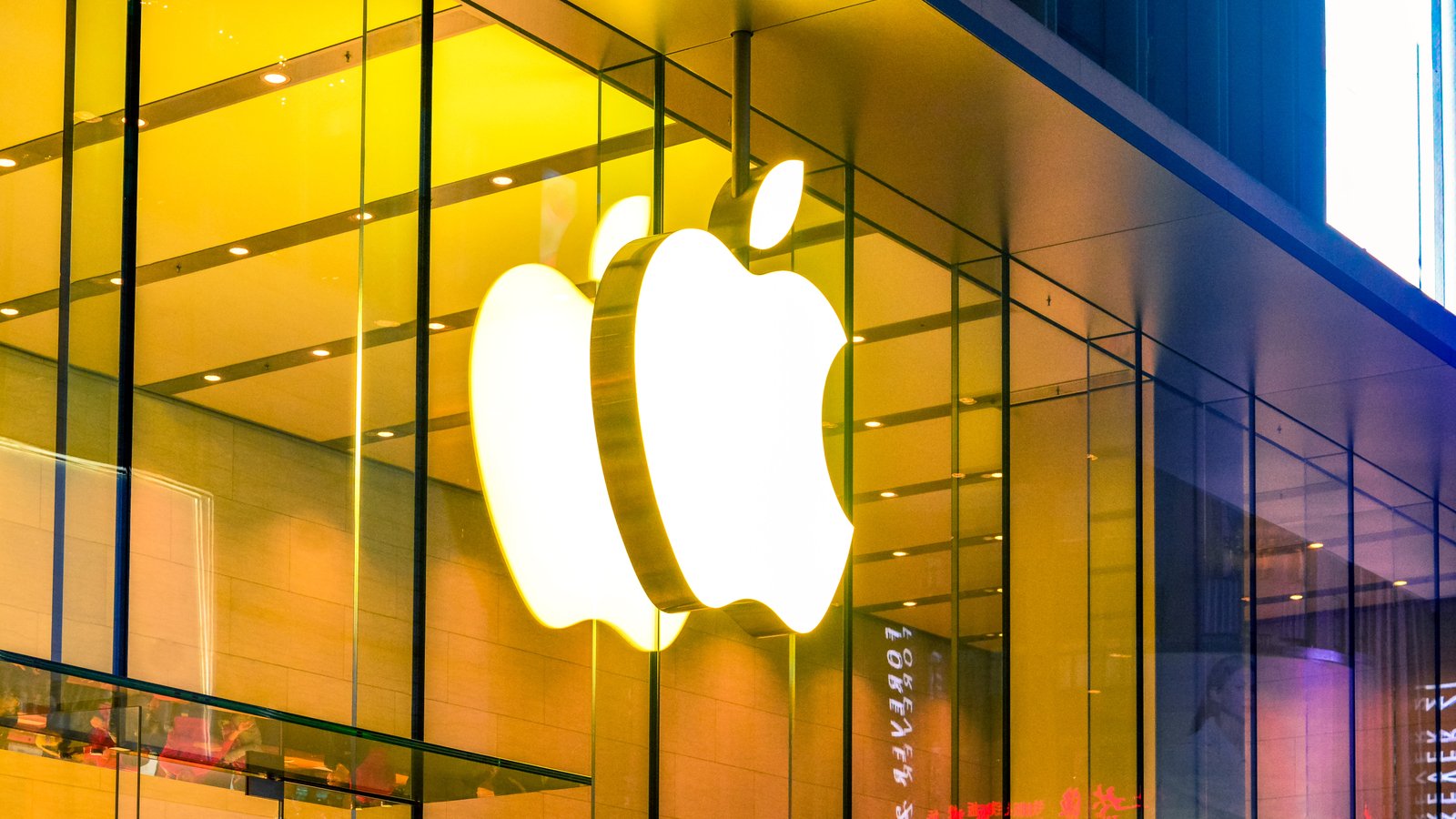INTERNATIONAL: Wall Street ended sharply lower on Tuesday, with bank stocks bearing the brunt of losses for a second straight day as the Russia-Ukraine crisis intensified, causing anxiety among investors and prompting Apple to pause all product sales in Russia.
The Dow dropped nearly 600 points to finish 1.76% lower. The S&P 500 fell 1.55% and the Nasdaq sank 1.59%.
Oil prices surged on Tuesday to their highest since 2014, as a global agreement to release crude reserves failed to calm fears about supply disruptions from Russia's invasion of Ukraine, and instead underscored concerns about growing disruptions. They have shot above $100 a barrel.
There's a series of policies and supply chain bottlenecks that are not going to resolve themselves in the first half of this year expect to see inflation continue, absent a slowdown in the economy."
Next -- a Russian default? Its hard currency debt payments total some $55 billion this year, Oxford Economics estimates, with sovereign bonds comprising $2.6 billion. Without access to its $640 billion forex reserves or SWIFT payments systems, can Russia pay? Will it want to?
Key developments that should provide more direction to markets on Tuesday
U.S. banks' exposures to Russia may not be fully understood by investors due to a lack of transparency in disclosures made so far, and banks that get significant revenue from global operations could take a hit in the long run, analysts said.
The exposure so far disclosed by U.S. banks is $14.7 billion. Compared to Italian, French and Austrian banks, which combined have just over $42.5 billion in exposure to Russia, U.S. banks appear less at risk.
Asian stocks came under renewed pressure on Wednesday.
MSCI's broadest index of Asia-Pacific shares outside Japan
was down 0.46% with China's blue-chip CSI300 index 1.05% lower.
Japan's Nikkei fell 1.81%.
In Australia, the benchmark ASX 200 index was 0.2% higher despite the risk-off mood elsewhere as rising commodity prices lifted miners' shares.
























